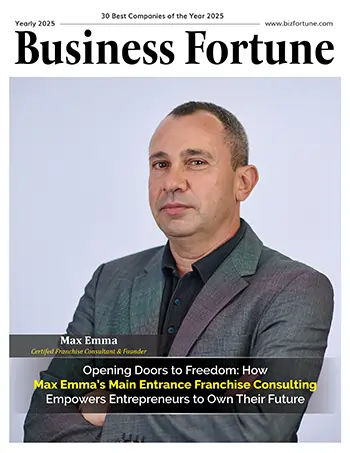Home Industry Clean Energy Korea and Germany Collaborate ...
Korea and Germany Collaborate to Establish International Clean Energy Standards
Clean Energy

Business Fortune
25 November, 2024
In order to create global standards, Korea and Germany strengthen their clean energy cooperation at the first Standards Dialogue, concentrating on important areas like carbon neutrality, AI, and hydrogen energy.
The first Korea-Germany Standards Dialogue was held today in Seoul between the German Institute for Standardization (DIN) and the German Commission for Electrical, Electronic & Information Technologies (DKE), two of Germany's top standards organizations, and the Korean Agency for Technology and Standards (KATS), which is part of the Ministry of Trade, Industry, and Energy (MOTIE).
About 100 standards professionals from both countries came together for the event to strengthen collaboration in developing global standards for important sectors.
Germany's Strategy for International Digital Policy and Korea's Country Standardization Strategy for Advanced Industries were among the country strategies presented at the dialogue. Following this, there were panel talks and cooperative working group meetings covering seven key technological areas: direct current power sources, smart standards, climate change and carbon neutrality, battery technology, hydrogen energy, artificial intelligence (AI), and smart manufacturing.
The purpose of the talks was to coordinate policy orientations, identify possible collaborative initiatives for the creation of international standards, and exchange ideas on technical standards developments.
In keeping with commitments reached during the July bilateral conference, KATS announced plans to work closely with DIN and DKE on clean energy standards as part of continued efforts to improve bilateral collaboration. In order to undertake research and provide ideas for international standards in the renewable energy sectors—specifically, hydrogen and battery technologies—both nations will form a collaborative working group made up of standards specialists.
This partnership demonstrates Korea and Germany's dedication to using technological innovation to address global issues, such as the climate problem.


































